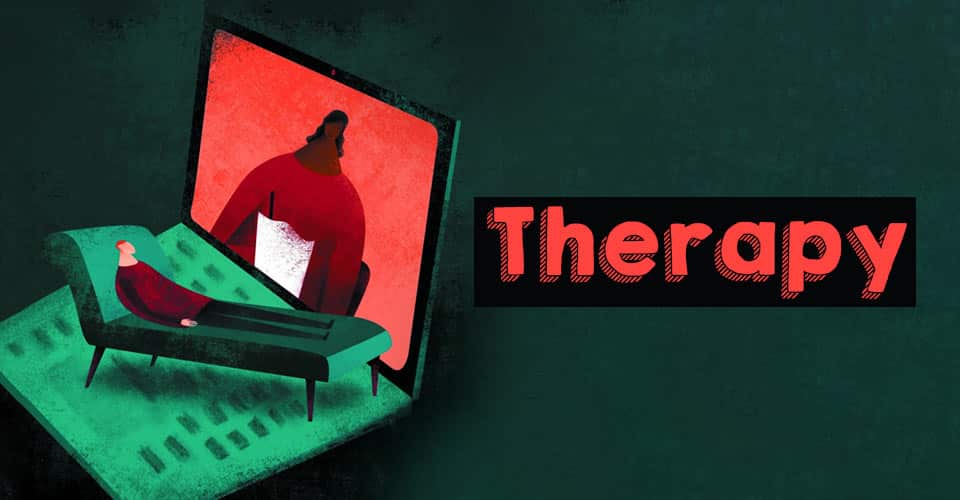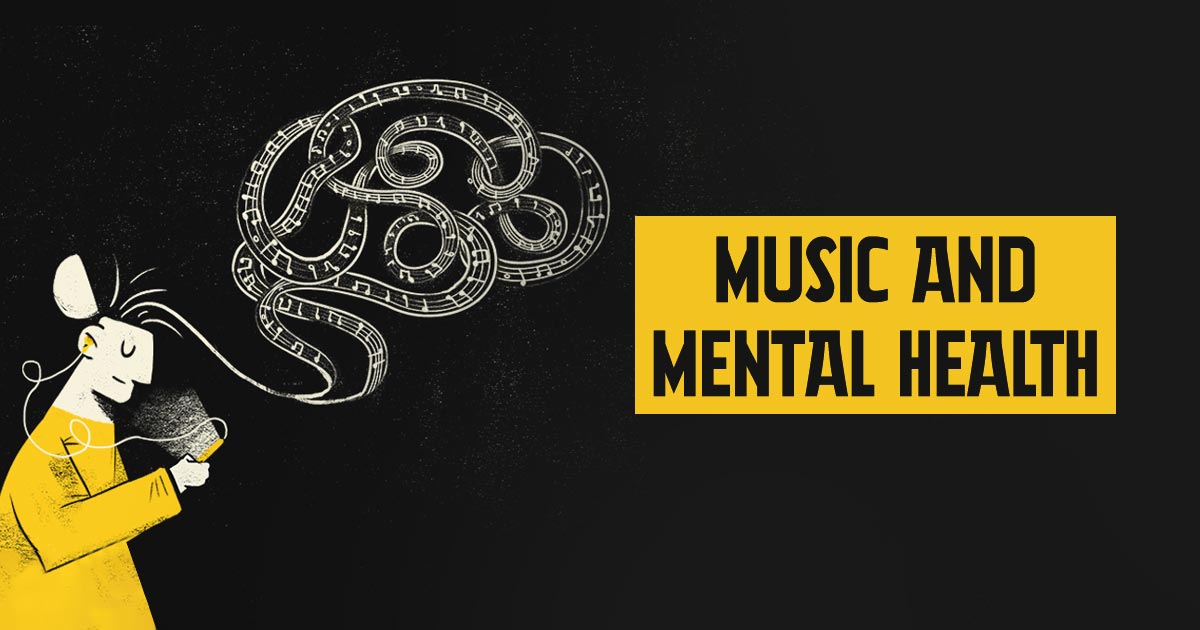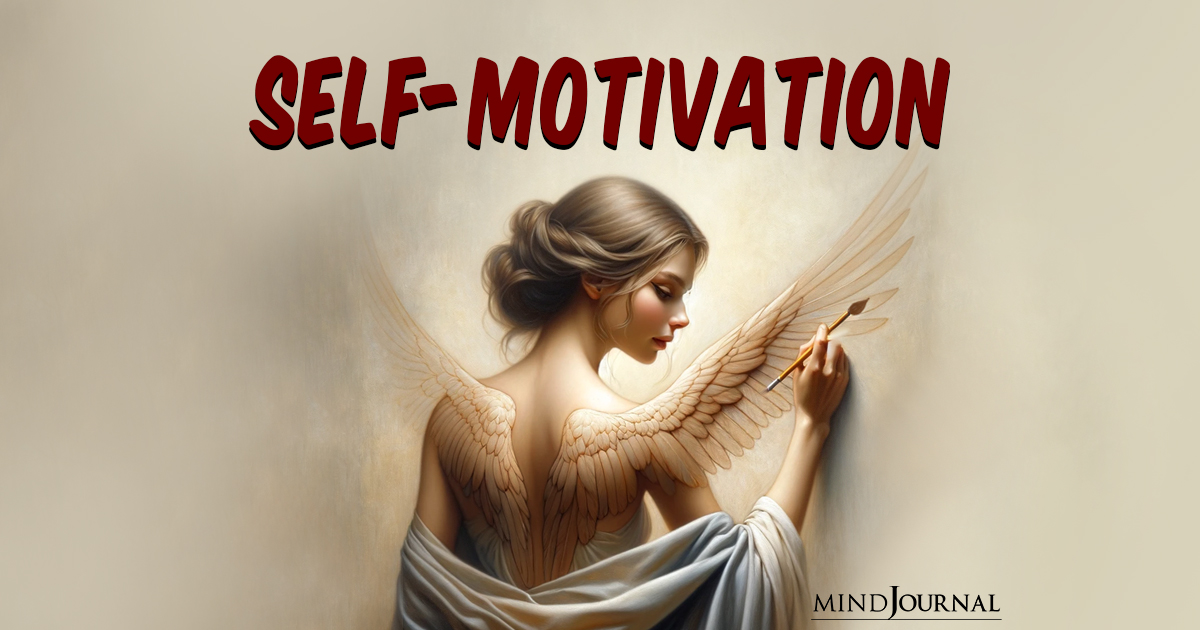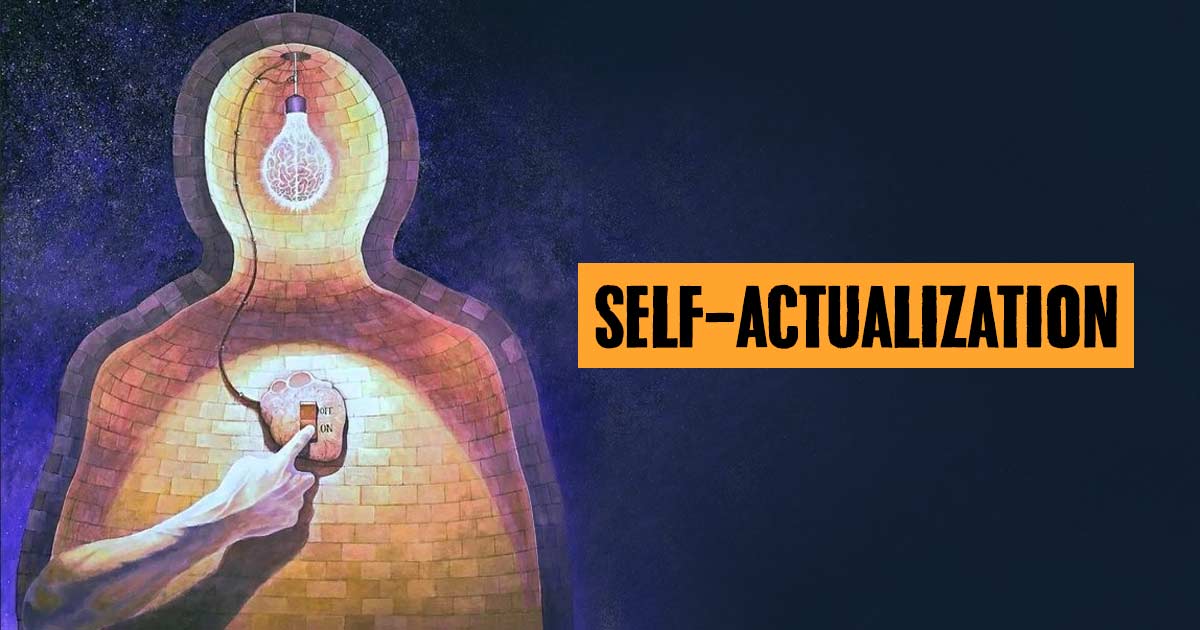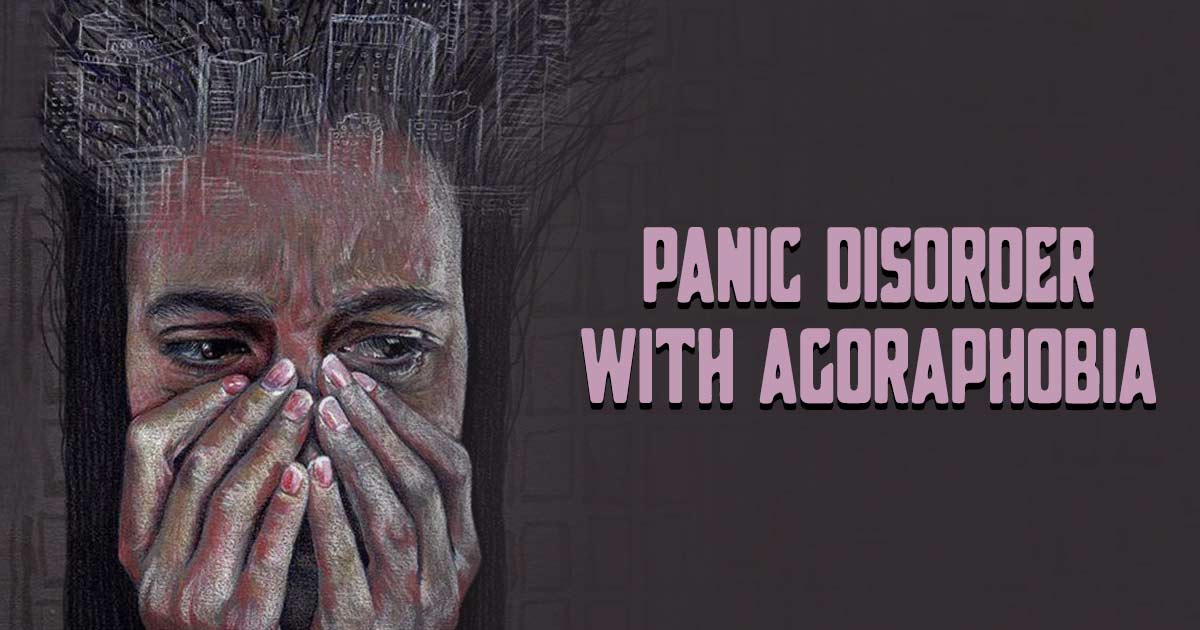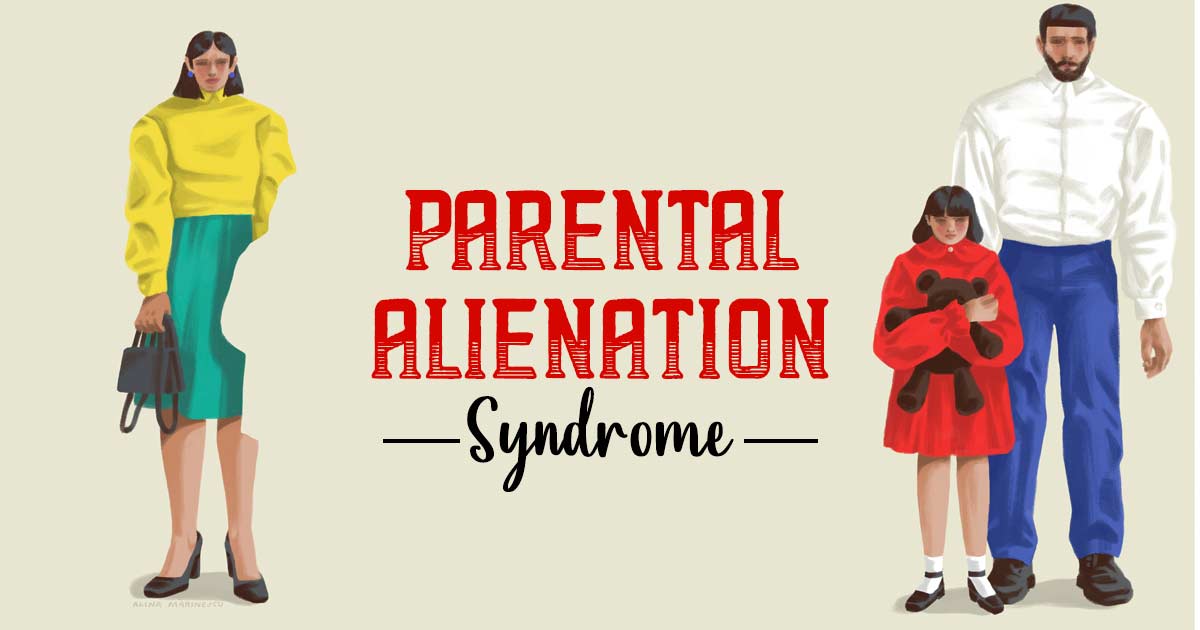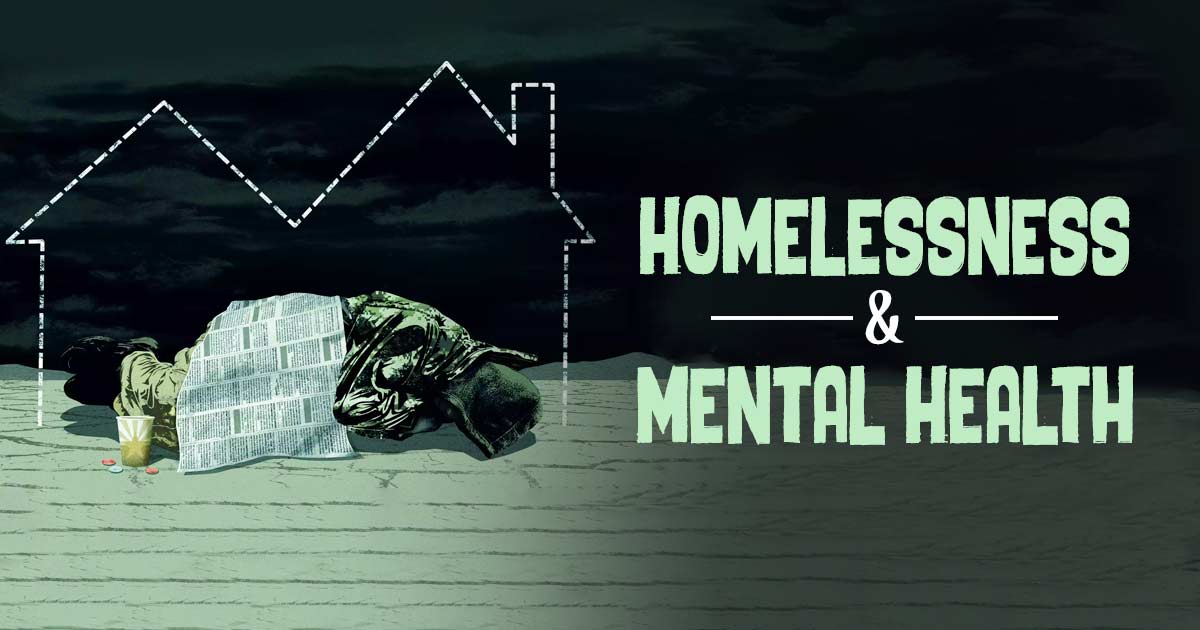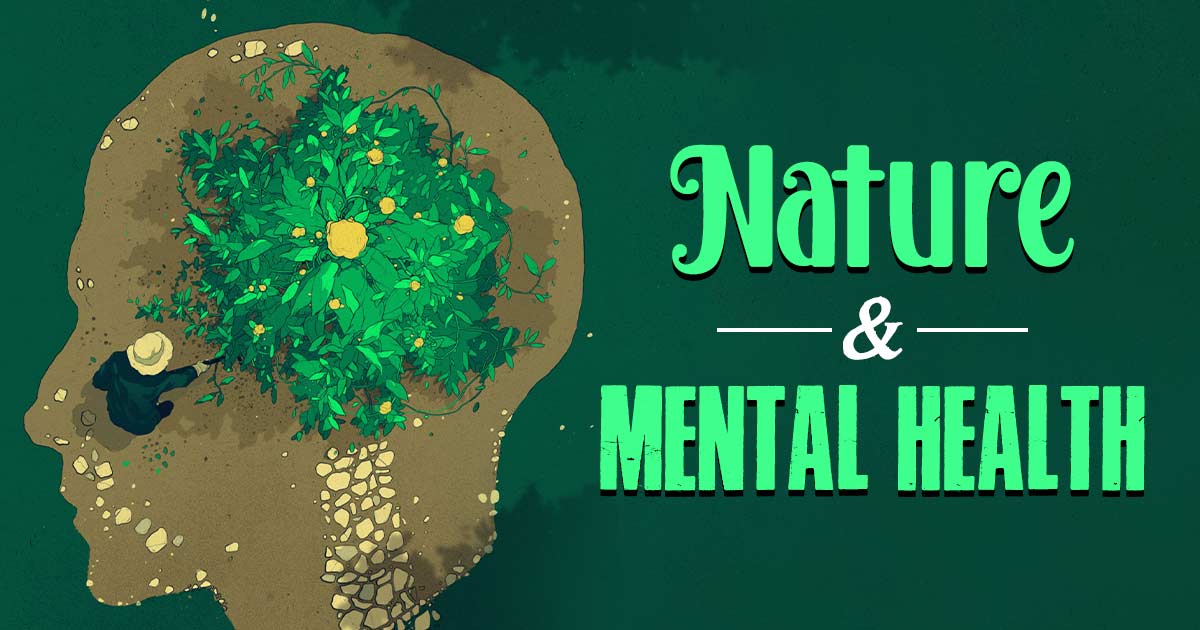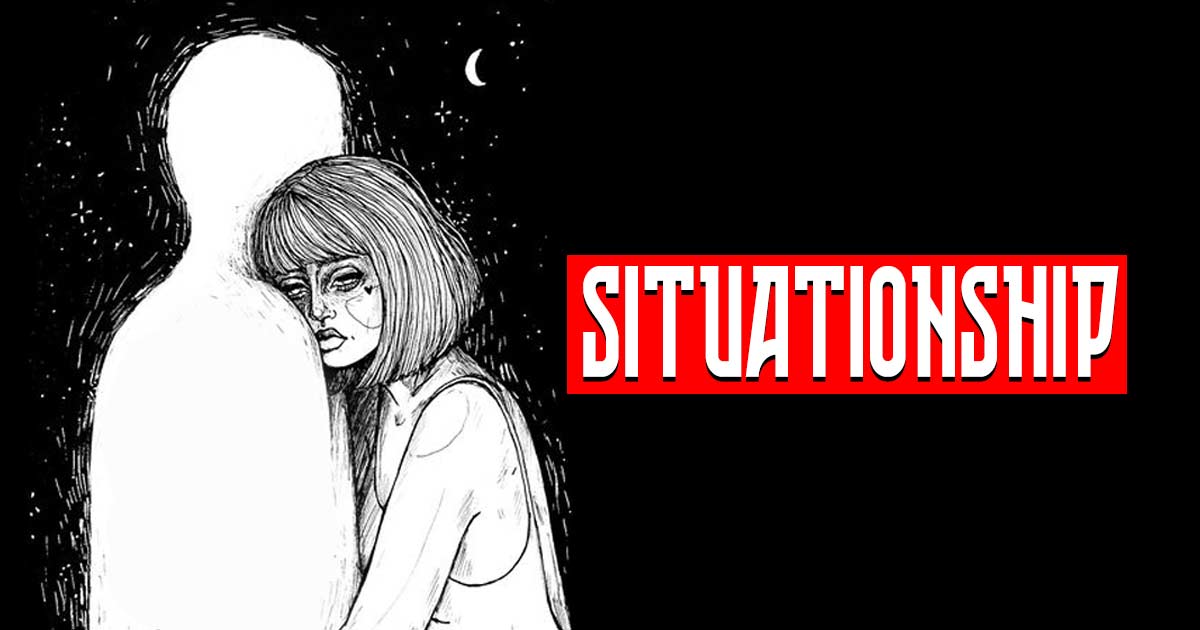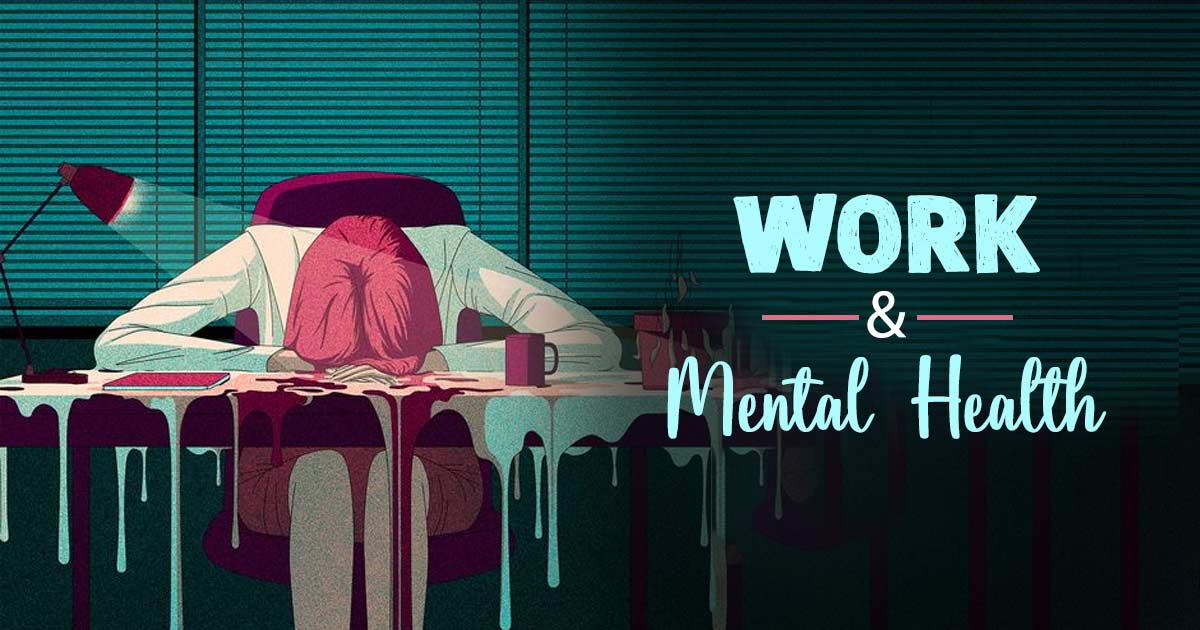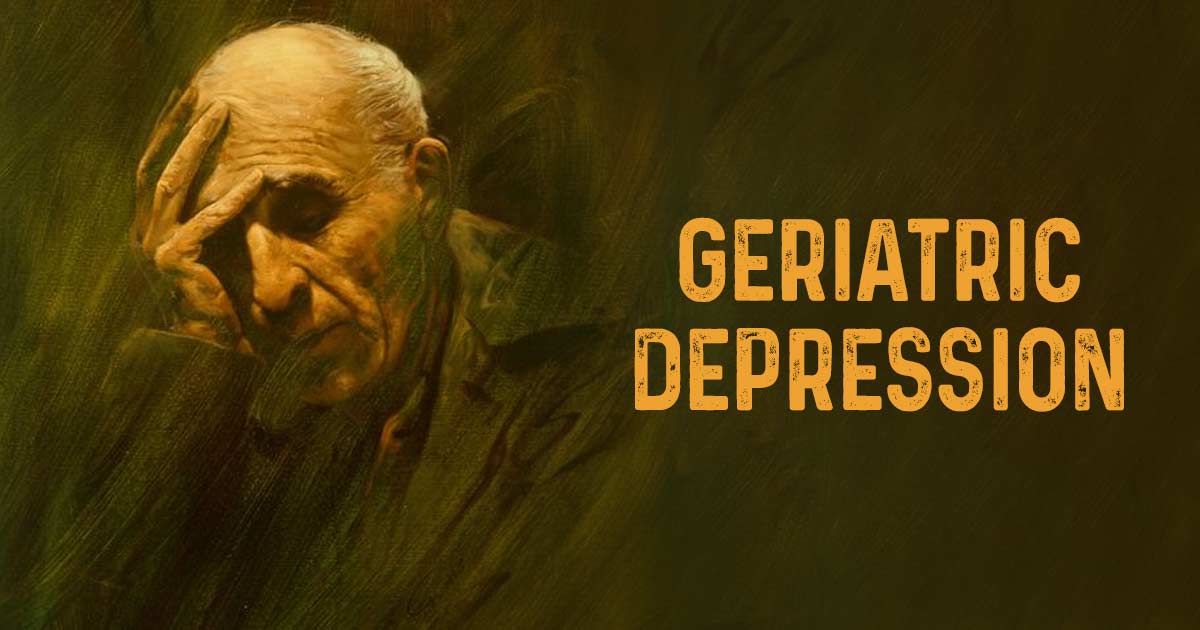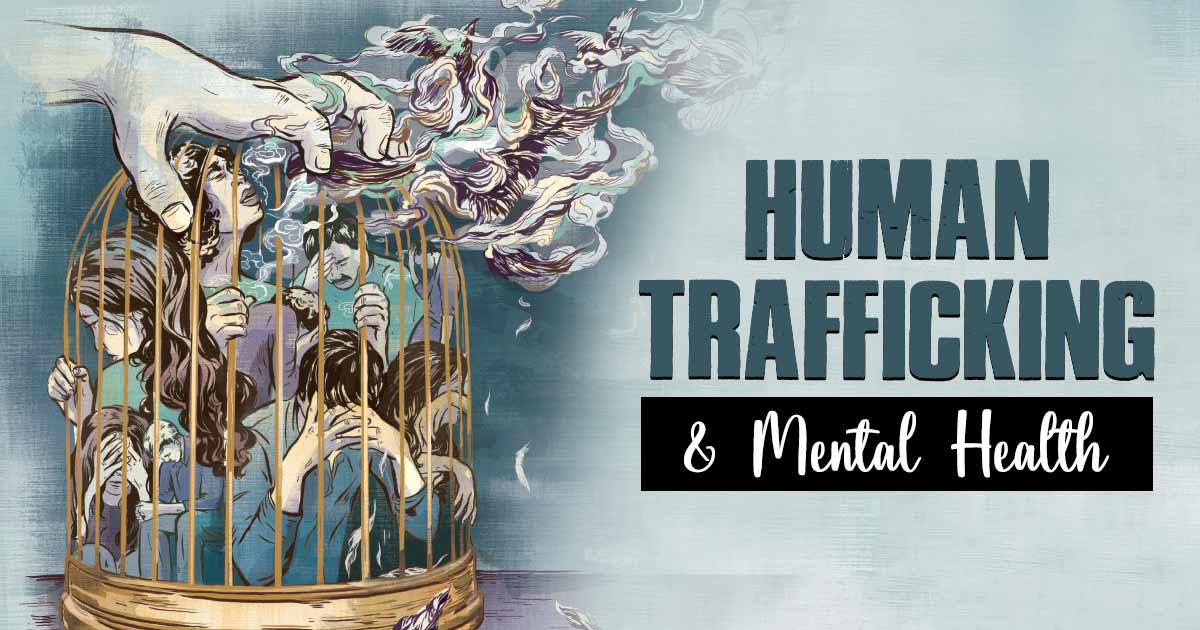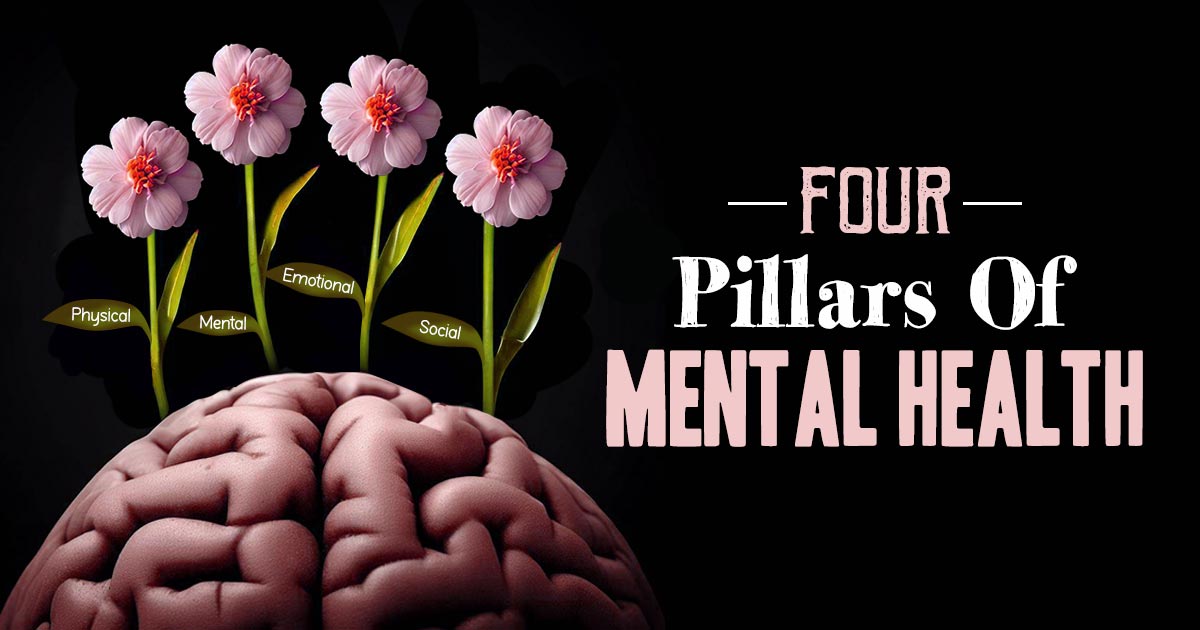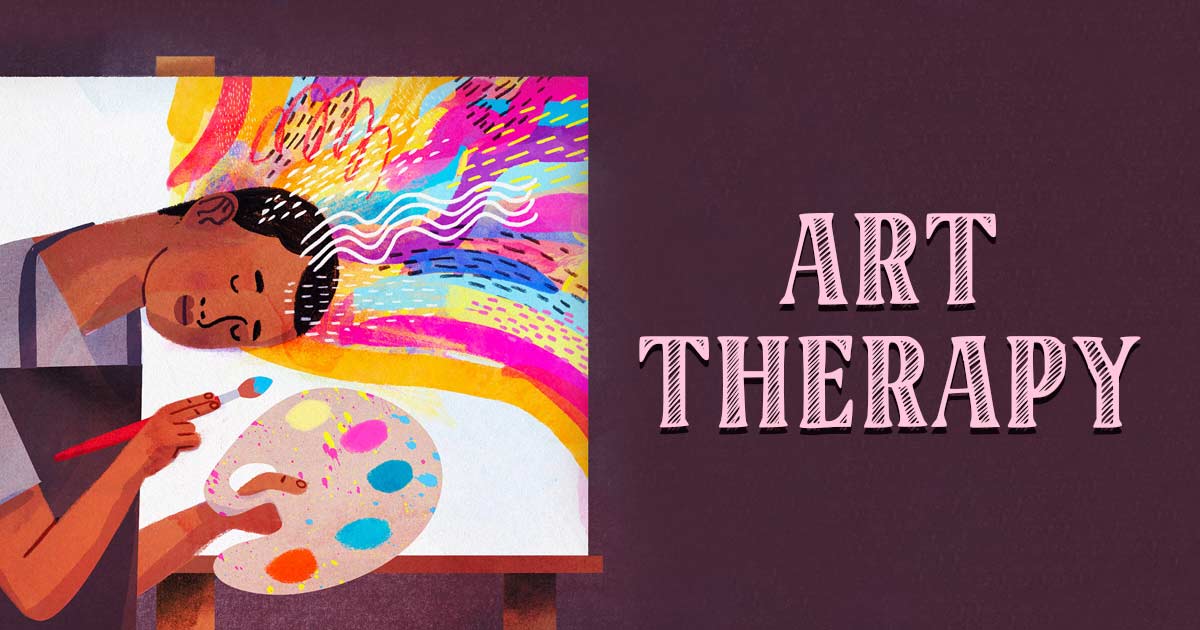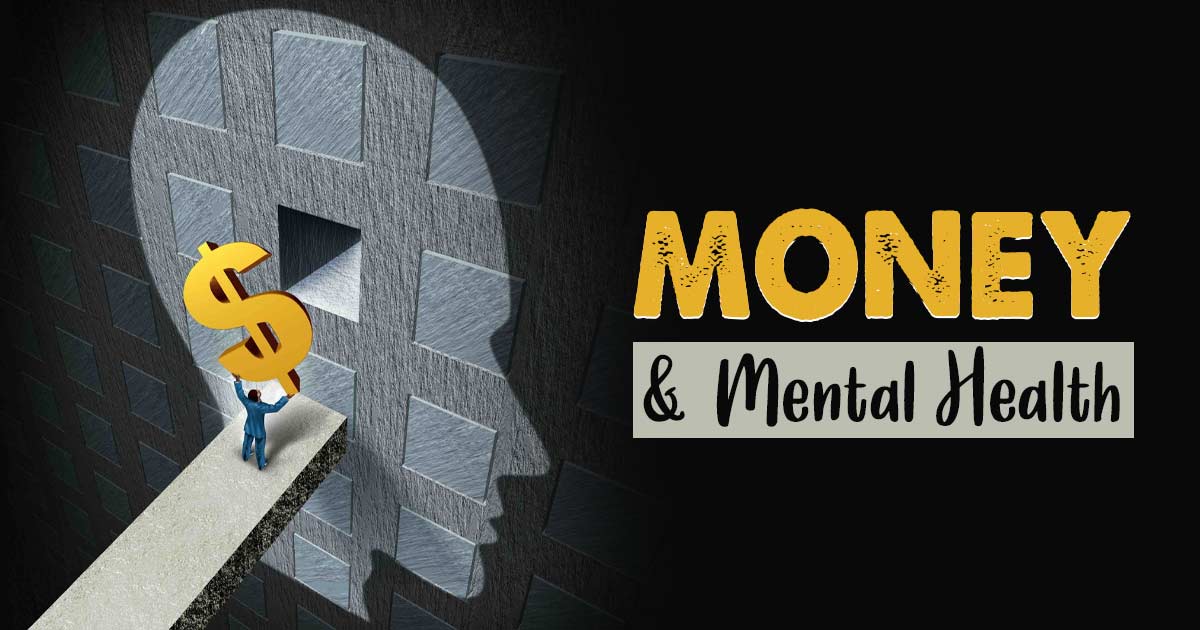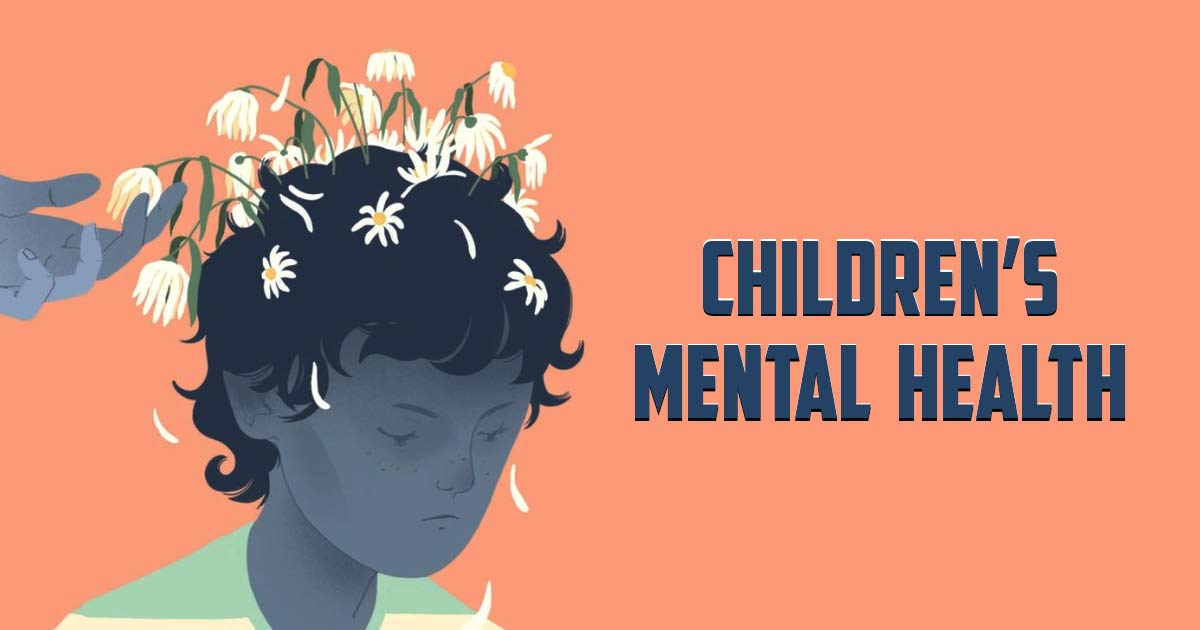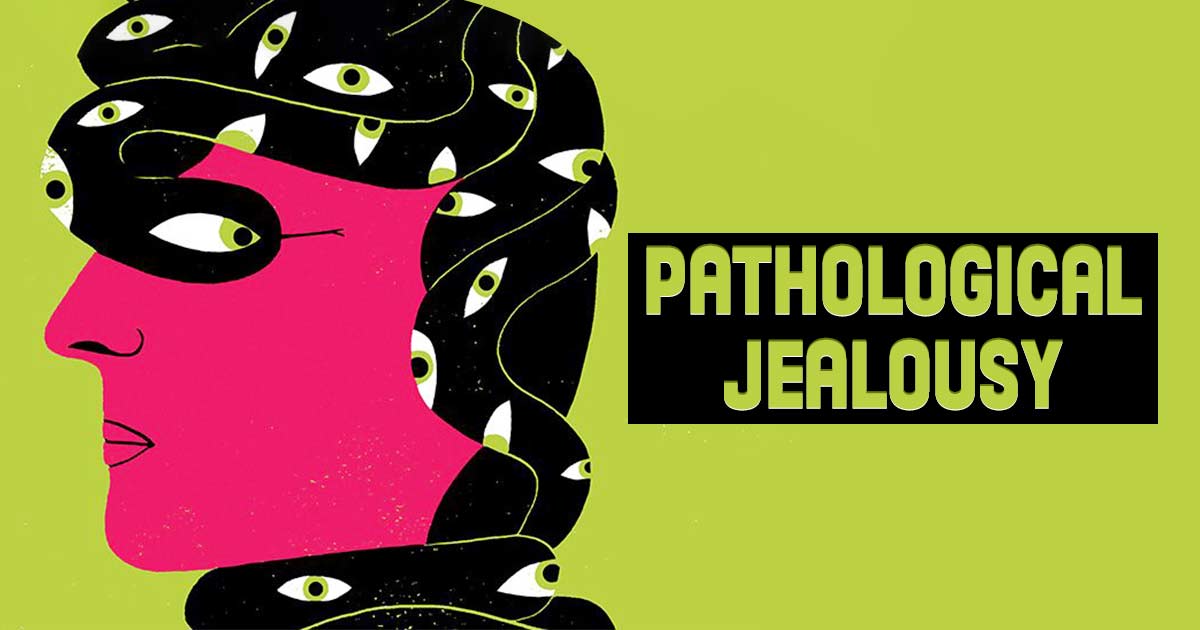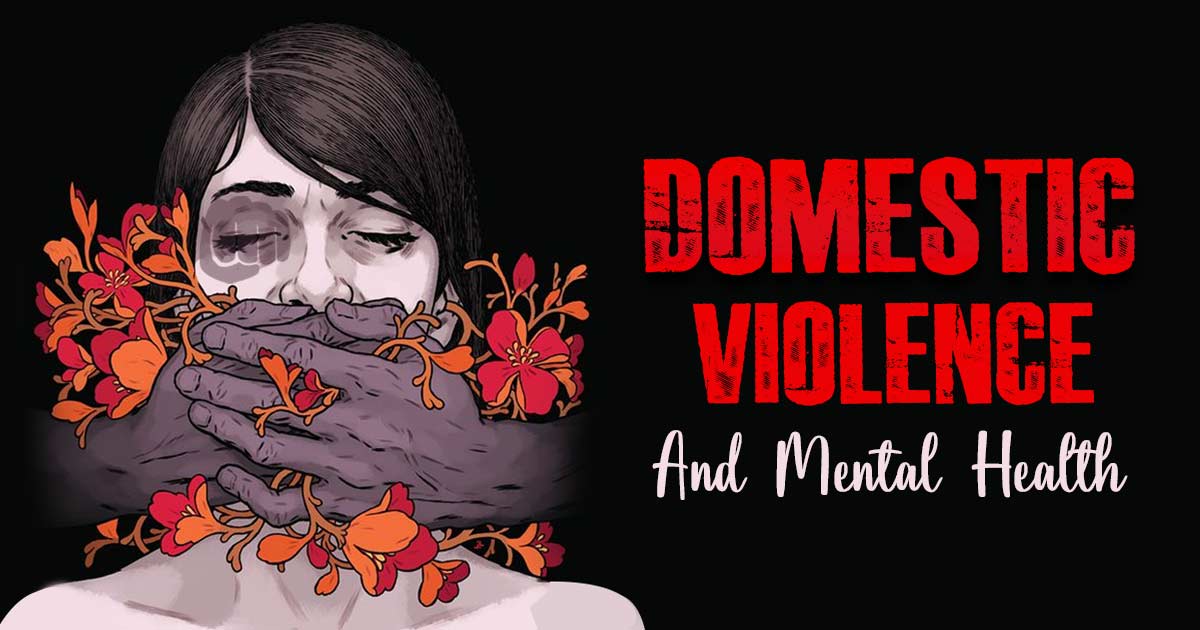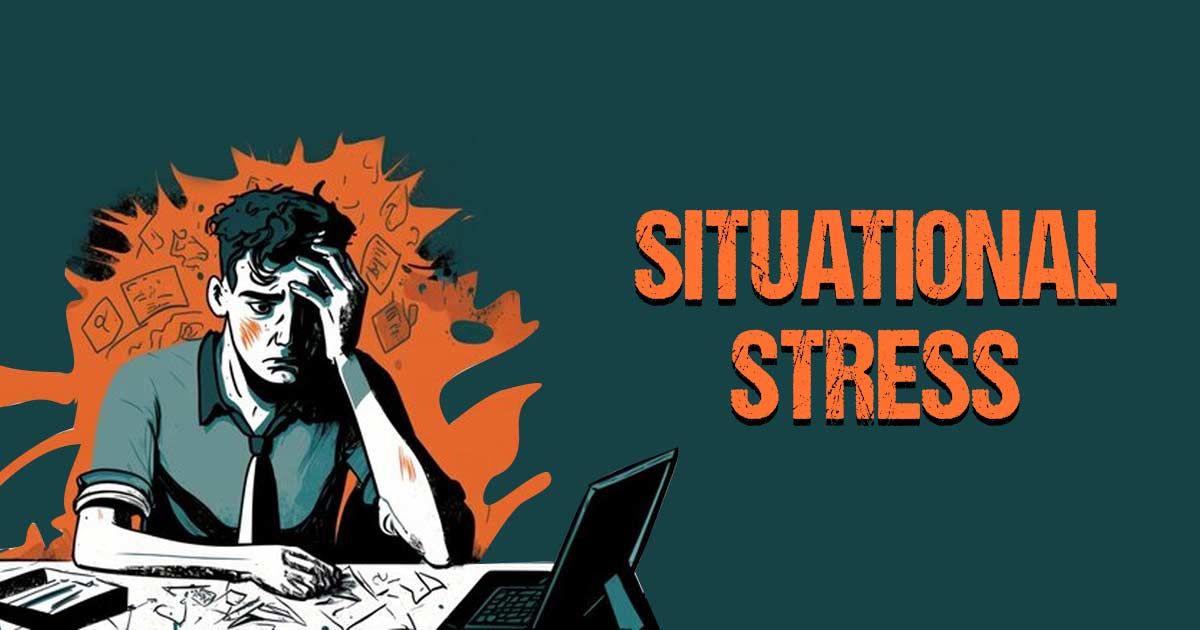Therapy refers to a treatment process that includes consulting with a therapist for resolving problematic feelings, thoughts, behaviors, relationships, and other psychological issues. It involves a variety of therapeutic activities and interventions aimed to improve people’s overall well-being.
What Is Therapy?
Therapy, also known as psychotherapy, is a form of mental health treatment aimed at helping people with emotional difficulties and psychological illnesses. It is often considered extremely effective with additional medication to treat mental health disorders. It can be provided by different types of professionals, including trained mental health specialists, psychologists, psychiatrists, licensed counselors, or social workers.
It is not only based on the proper treatment process but also includes examining and gaining insight into the patients’ early life choices and medical history. It helps patients overcome their psychological and behavioral difficulties through judgment-free communication, relationship and skills development sessions. Therapies can help an individual with mental health problems reduce or manage their emotional difficulties or troubling symptoms and improve their overall well-being.
“Psychotherapy is an effective psychological intervention for a multitude of psychological, behavioral, and somatic problems, symptoms, and disorders,” explains a 2019 research paper 1 Locher, C., Meier, S., & Gaab, J. (2019). Psychotherapy: A World of Meanings. Frontiers in psychology, 10, 460. https://doi.org/10.3389/fpsyg.2019.00460 . The study considered therapies as the main approach in somatic and mental health care management.
Most of the therapies that are widely used across the world are well-tested and considered effective. Initially, it can seem difficult to seek out a certified therapist, specifically for those from the low-income group, but the benefits are life-changing as people can change their negative behaviors and habits, manage painful and distressing feelings, and even improve their relationships.
Understanding Therapy
According to a 2017 study 2 Cook, S. C., Schwartz, A. C., & Kaslow, N. J. (2017). Evidence-Based Psychotherapy: Advantages and Challenges. Neurotherapeutics : the journal of the American Society for Experimental NeuroTherapeutics, 14(3), 537–545. https://doi.org/10.1007/s13311-017-0549-4 , a therapist addresses a broad range of factors during the whole process that includes identifying symptoms, building social skills, improving relationships, coping with stressors, addressing thoughts and behavioral changes that are contributing to the symptoms.
Regardless of the type, the relationship between a therapist and a patient should always be confidential. Additionally, how one shares their feelings and experiences during the therapeutic process is as important as the issues and concerns they share with the therapist. Researchers 3 Gerger, H., Nascimento, A. F., Locher, C., Gaab, J., & Trachsel, M. (2020). What are the Key Characteristics of a ‘Good’ Psychotherapy? Calling for Ethical Patient Involvement. Frontiers in psychiatry, 11, 406. https://doi.org/10.3389/fpsyt.2020.00406 have mentioned that there are certain key characteristics of good psychotherapy, such as:
- Efficiency
- Effectiveness
- Efficacy
- Ethical consideration
Therapies are often used in combination with medications to treat a variety of mental health disorders. For some mental health conditions, psychotherapy is considered beneficial, while only medication may be considered helpful in certain instances. But the combination of psychotherapy and medication works effectively for most people with psychological issues. A healthy lifestyle, adequate sleep, regular exercise, and good nutrition can be extremely essential in supporting mental illness recovery and overall well-being.
Therapy Vs. Counseling
There is a lot of confusion regarding the concept of therapy and counseling. But researchers argue that these two concepts are not similar to each other. These two forms of mental health treatment are mostly used interchangeably, but there are some significant differences between them.
Counseling refers to a treatment process focused on a particular issue and it takes a little amount of time, while psychotherapy covers numerous aspects, such as identifying the symptoms of the patients, examining their medical history, understanding their patterns of thought, behavior, and feelings.
One can consult with different types of counselors based on their specific situation. For example, a marriage counselor can help you to sort out disagreements and improve things between you and your spouse. A mental health counselor can help you to effectively deal with stress and guide you on how you can overcome your mental health issues.
Meanwhile, therapy is a long-term process and focused on a person as an individual. For example, if a person is suffering from depression, a mental health therapist can help you understand how depression has affected your daily life and how the person can develop helpful coping strategies. However, there are many clinicians who are trained in both therapy and counseling.
Types Of Therapy
Psychologists or other mental health professionals use different types of therapy for people based on their present mental health condition. The choice of therapy completely depends on the patient’s particular illness and his/her circumstances. The following are some of the most common and effective therapies:
1. Cognitive-behavioral Therapy (CBT)
CBT is one of the most helpful psychotherapies recommended by most psychologists. A 2020 research 4 Chand SP, Kuckel DP, Huecker MR. Cognitive Behavior Therapy. [Updated 2021 Aug 26]. In: StatPearls [Internet]. Treasure Island (FL): StatPearls Publishing; 2021 Jan-. Available from: https://www.ncbi.nlm.nih.gov/books/NBK470241/ suggests that CBT is mostly used to treat –
- Depression
- Post-traumatic stress disorder (PTSD)
- Anxiety disorders
- Attention-deficit hyperactivity disorder (ADHD)
- Eating disorders
- Chronic stress
It helps people with mental illness identify their signs and symptoms and change their perceptions about themselves and the world around them. A CBT specialist explores the relationship between a patient’s thoughts, feelings, and behavior. It helps people develop a new way of thinking and offer them a more positive outlook on life.
Read More About Cognitive Behavioral Therapy (CBT) Here
2. Interpersonal Therapy
It is a short-term treatment that helps people with mental health problems understand their underlying personal issues, such as unresolved relationship conflicts, previous grief, changes in social roles, or problems relating to others. In this treatment process, the therapist aims at developing strong self-esteem and communication skills in patients. Research 5 Rajhans, P., Hans, G., Kumar, V., & Chadda, R. K. (2020). Interpersonal Psychotherapy for Patients with Mental Disorders. Indian journal of psychiatry, 62(Suppl 2), S201–S212. https://doi.org/10.4103/psychiatry.IndianJPsychiatry_771_19 shows that on average, the treatment process lasts for 4-6 months and is considered effective for depression caused by relationship problems, social isolation, or traumatic life events.
3. Dialectical behavior Therapy (DBT)
A 2016 study 6 May, J. M., Richardi, T. M., & Barth, K. S. (2016). Dialectical behavior therapy as treatment for borderline personality disorder. The mental health clinician, 6(2), 62–67. https://doi.org/10.9740/mhc.2016.03.62 explains that it is mostly recommended for people with personality disorder, especially for those with borderline personality disorder. It is a type of CBT that helps patients to regulate their emotions. Researchers consider it as most effective to treat people who experience suicidal thoughts.
It helps the patients to change their self-harming thoughts and unhealthy habits like lying. DBT includes phone coaching and group counseling sessions where the therapist conducts group counseling sessions with the patients to enhance some of their life skills, such as distress tolerance, interpersonal effectiveness, emotion regulation, and mindfulness.
4. Psychodynamic Therapy
It is a different kind of psychotherapy that is based on a significant idea. It explains that our mental well-being and behavior are highly influenced by our childhood experiences and inappropriate repetitive thoughts. The primary goal of it is to manage and overcome these feelings by talking about the experiences openly. Though it can take even more than a year, it mostly lasts for at least several months. Studies 7 Ribeiro, ., Ribeiro, J. P., & von Doellinger, O. (2018). Depression and psychodynamic psychotherapy. Revista brasileira de psiquiatria (Sao Paulo, Brazil : 1999), 40(1), 105–109. https://doi.org/10.1590/1516-4446-2016-2107 have shown that it can also be effective in treating borderline personality disorder, anxiety disorder, and depressive disorders.
5. Supportive Therapy
A 2001 research paper 8 Barber, J. P., Stratt, R., Halperin, G., & Connolly, M. B. (2001). Supportive techniques: are they found in different therapies?. The Journal of psychotherapy practice and research, 10(3), 165–172. mentioned that supportive therapies are often used in different forms of psychotherapy or counseling. It is mostly based on providing support and guidance to people with mental health problems. It helps people learn how they can manage their stress, anxiety, and negative thoughts on their own. It also boosts self-esteem and helps to improve social and community functioning.
Other types of psychotherapy include:
- Systemic Family and Couples Therapies
- Mindfulness-based therapies 9 Tickell, A., Ball, S., Bernard, P., Kuyken, W., Marx, R., Pack, S., Strauss, C., Sweeney, T., & Crane, C. (2020). The Effectiveness of Mindfulness-Based Cognitive Therapy (MBCT) in Real-World Healthcare Services. Mindfulness, 11(2), 279–290. https://doi.org/10.1007/s12671-018-1087-9
- Psychoanalysis 10 Fonagy P. (2003). Psychoanalysis today. World psychiatry : official journal of the World Psychiatric Association (WPA), 2(2), 73–80.
- Solution-Focused Brief Therapies 11 Gingerich, W. J., & Eisengart, S. (2000). Solution-focused brief therapy: a review of the outcome research. Family process, 39(4), 477–498. https://doi.org/10.1111/j.1545-5300.2000.39408.x
- Acceptance and Commitment Therapy (ACT) 12 Zhang, C. Q., Leeming, E., Smith, P., Chung, P. K., Hagger, M. S., & Hayes, S. C. (2018). Acceptance and Commitment Therapy for Health Behavior Change: A Contextually-Driven Approach. Frontiers in psychology, 8, 2350. https://doi.org/10.3389/fpsyg.2017.02350
- Play Therapies 13 Kool, R., & Lawver, T. (2010). Play therapy: considerations and applications for the practitioner. Psychiatry (Edgmont (Pa. : Township, 7(10), 19–24. [/mfn]
- Eye Movement Desensitization and Reprocessing (EMDR) 14 Shapiro F. (2014). The role of eye movement desensitization and reprocessing (EMDR) therapy in medicine: addressing the psychological and physical symptoms stemming from adverse life experiences. The Permanente journal, 18(1), 71–77. https://doi.org/10.7812/TPP/13-098
- Animal-assisted therapies 15 Hajar R. (2015). Animal-Assisted Therapy. Heart views : the official journal of the Gulf Heart Association, 16(2), 70–71. https://doi.org/10.4103/1995-705x.159228
- Creative arts therapies 16 Chiang, M., Reid-Varley, W. B., & Fan, X. (2019). Creative art therapy for mental illness. Psychiatry research, 275, 129–136. https://doi.org/10.1016/j.psychres.2019.03.025
Signs One Needs To Seek Psychotherapy

- When one gets overwhelmed with their emotions and struggles a lot in regulating them.
- When one experiences difficulties in performing their daily responsibilities and cognitive activities.
- When one experiences changes in their sleeping pattern and appetite.
- When one experiences sudden major changes in their mood, behavior, relationships, and decision-making abilities.
- When one has traumatic past experiences and is not fully recovered.
- When one feels no interest even in performing their favorite activities and socializing with others.
- When one suffers from headaches, fatigue, obesity, weak immune system, or inflammation for a very long time.
Benefits Of Therapies

Therapies can help people with mental health illnesses in a lot of ways. It not only teaches a person how to manage their psychological problems on their own but also provides them immense guidance and support on how they can live a healthy life. Here are some of the benefits of psychotherapy:
- It helps one better understand their feelings, behavior, and emotions that can contribute to their mental illnesses.
- It helps to gain a sense of pleasure and control in life.
- It helps people to identify and understand their life problems or major life events that may contribute to their mental health illness.
- It also helps people understand the different aspects of those issues so that they can effectively resolve their problems.
- It helps individuals to learn beneficial coping techniques and problem-solving skills.
- It helps to establish healthy relationships and provides relief from distressing symptoms.
- It promotes a person’s overall well-being and helps them to restore their quality of life.
Seek Therapy
Psychotherapy is extremely important for not only people with mental health disorders but also for those who don’t have any observable mental illness. It promotes the importance of mental health awareness and people’s overall well-being. There are a broad range of psychotherapies among which certain types are more effective for some specific disorders. Anyone who is suffering from mental health issues should consult with a mental health professional and seek therapies to overcome their problems.
Therapy At A Glance
- Therapy is a form of mental health treatment aimed at helping people with emotional difficulties and psychological illnesses.
- It helps people to identify symptoms, build social skills, improve relationships, cope with stressors, address thoughts and behavioral changes.
- There are certain key characteristics of good psychotherapy, such as efficiency, effectiveness, efficacy, and ethical consideration.
- Therapies and counseling are mostly used interchangeably, but there are some significant differences between them.
- CBT and DBT are two most effective and commonly used psychotherapies.

